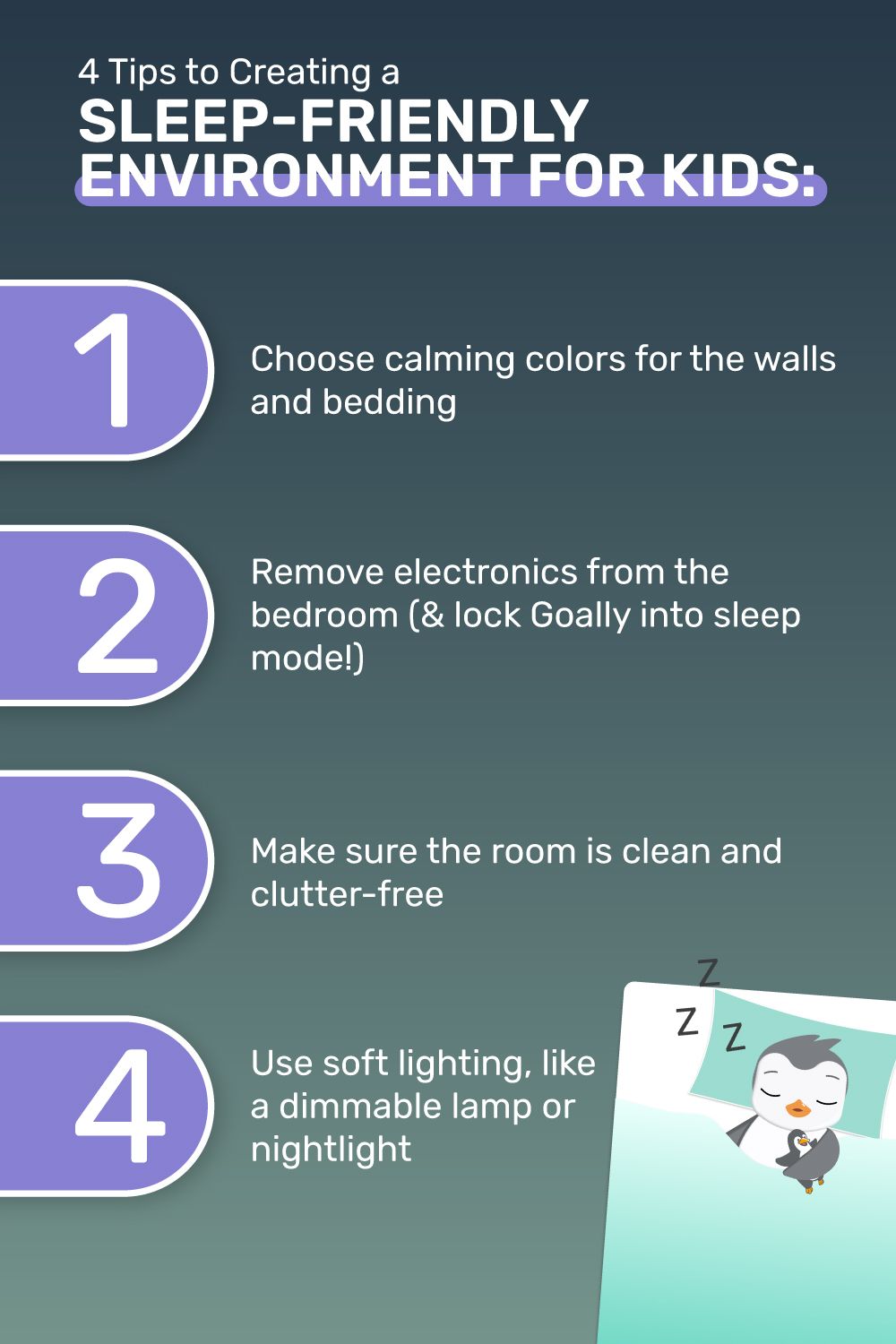When a child is going through a sleep regression, there are several strategies parents can try to help them get back on track:
- Stick to a consistent bedtime routine. Predictability and clear expectations can be very comforting.
- Keep the sleep environment conducive to rest. Ensure the room is dark, quiet, and a comfortable temperature.
- Offer extra comfort and reassurance. A soothing voice, gentle touch, or a comfort object can help kids feel secure.
- Avoid making big changes during a regression. Consistency is key, so stick with what’s familiar when possible.
- Consider sleep training techniques if needed. Methods like graduated extinction can help kids learn to self-soothe.
With time and patience, most children come out of sleep regressions and return to healthier sleep patterns. In some cases, addressing underlying medical or developmental issues with the help of professionals may be necessary for long-term sleep success.














